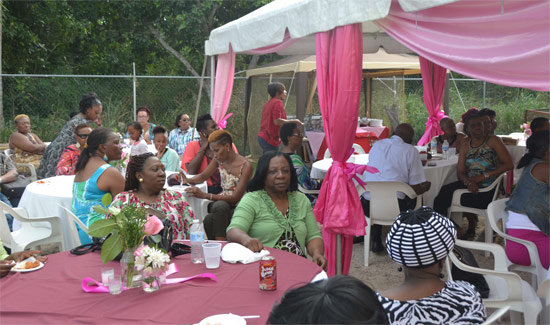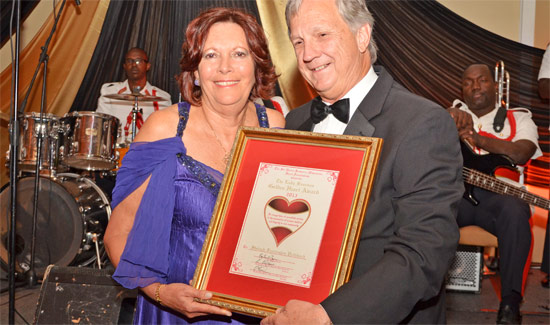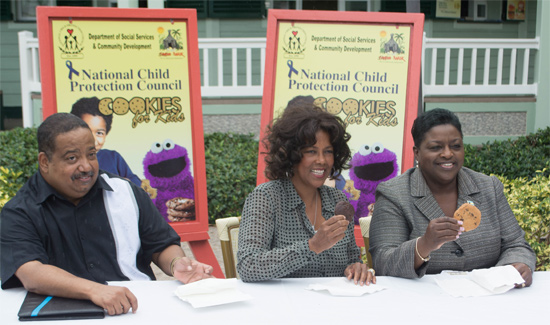NASSAU, The Bahamas — Minister of State in the Ministry of Labour and Social Development the Hon Loretta Butler-Turner said the Government of The Bahamas has demonstrated its clear commitment to addressing the problem of violence.
During a family violence summit sponsored by the Ministry, Wednesday, September 22, Mrs Butler-Turner explained that the Domestic Violence (Protection Orders) Act 2007, expanded the definition of domestic violence, widening both the scope of applicants to spouses, partners, children and members of the household and the types of injury for which one may apply for a protection order.
“It provides protection to victims against emotional, psychological, financial, physical and sexual abuse, including rape, sexual harassment and stalking,” she said. “While women are predominately the victims of physical violence, violence is not a women’s thing. Men and women can apply for a protection order,” Mrs Butler-Turner added.
Studies have shown that while there may be a number of factors that contribute to violence, persons who come from abusive families are also at a greater risk of being a perpetrator or a victim, she said.
“Some studies have also shown a cycle of violence in which boys who grow up in violent households are 10 times or more likely to be violent than those who do not,” Mrs Butler-Turner stressed.
“Similarly, women who had grown up with violent fathers are four times more likely to suffer abuse in an intimate relationship than are other women.”
These findings highlight the inter-generational nature of violent cycles, she said.
“They show how male children, in particular, often imitate powerful role models with whom they identify, especially when certain circumstances — for example, feeling inadequate or out of control — arise at some later point in their lives and act out in violence.”
Mrs Butler-Turner said the family plays a critical role in transmitting and perpetuating the behaviours and thinking processes that promote violence. Witnessing or experiencing violence in the family socialises for violence later in life, she said.
“It is critical therefore that our family units provide the safe environment necessary to protect all of its members. Violence robs individual of their sense of well-being and safety and in many cases, may result in serious injury or death.”
Representatives from the police, the Attorney General’s Office, Sandilands Rehabilitative Centre, Princess Margaret Hospital, the Departments of Public Health and Social Services, the Ministries of Education and Youth, The College of The Bahamas, the church and many non-governmental agencies involved in the work of the family took part in the summit.
Mrs Butler-Turner told the stakeholders to take their responsibility to helping to curb family violence seriously.
She told them that as they deliberate they would discover new and emerging forms of family violence. “This is an excellent forum to identify these and to strategize how to deal with them.”
Dr Sandra Dean-Patterson, Founder of the Crisis Centre and Consultant at the Department of Social Development said over the past few decades, experts have learned that violence is preventable.
Children learn violence and they live what they learn, she added. “So if we want to intervene, we have to intervene at the level of the family.
So the theme today ‘Towards Peace and Harmony in the Home’ is a critical one, because that will effect the peace and harmony in our nation.”
Dr Dean-Patterson said it is expected that a national draft plan of action to confront violence is developed as a result of the summit. Speakers at the forum tackled such issues as breaking the cycle of violence, the batterer, policing domestic violence, domestic violence and the church and domestic violence and the law.
The participants also separated into different groups to work on the Action Plan after listening to various speakers such as Dr David Allen, a prominent psychiatrist; Senator Michael Pintard, developer, playwright and producer; Pastor Barrington H. Brennen, counselling psychologist, marriage & family therapist and Superintendent Elaine Sands.
Llonella Gilbert
Bahamas Information Services



